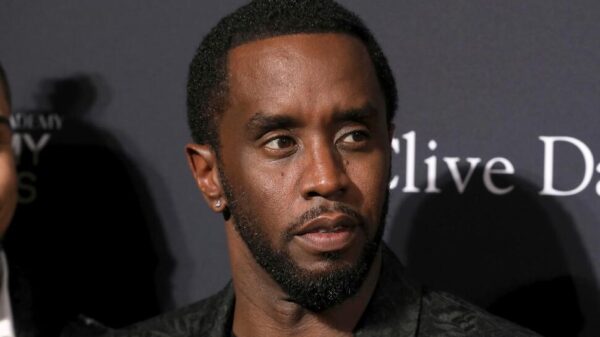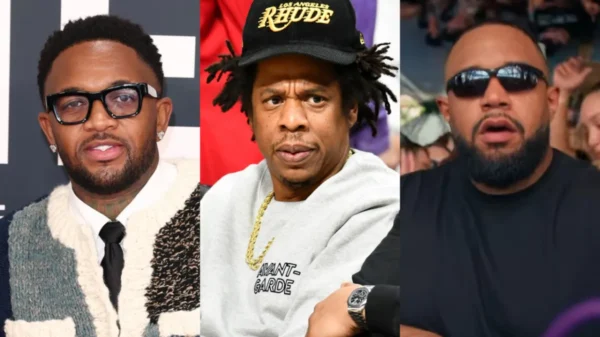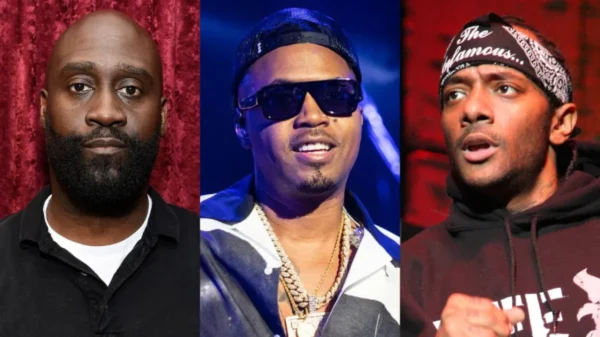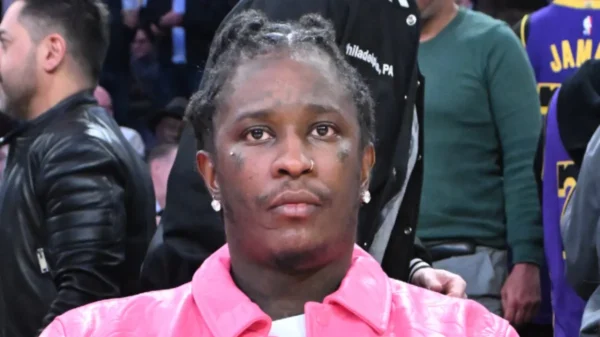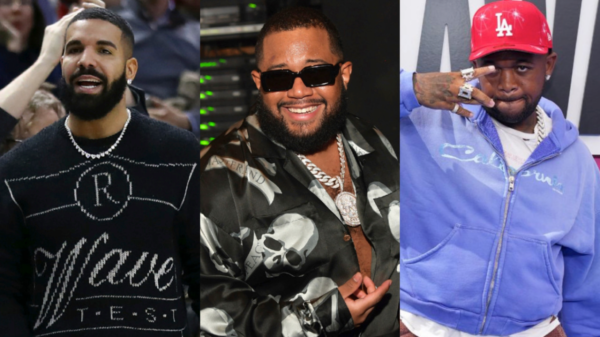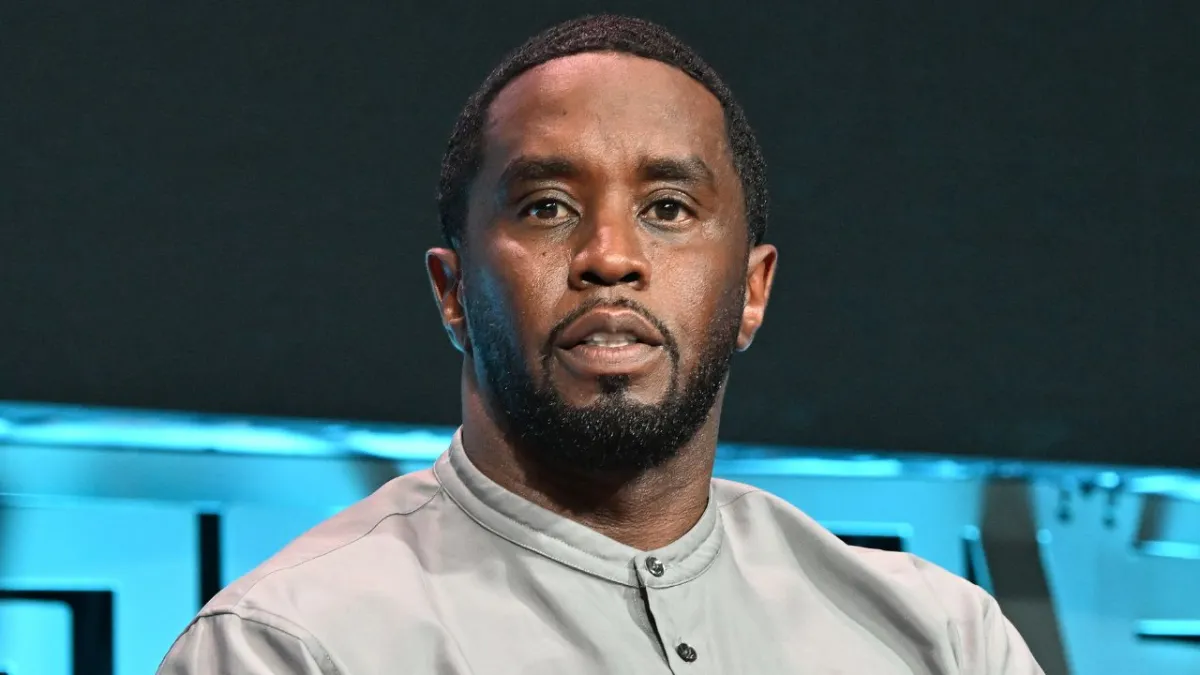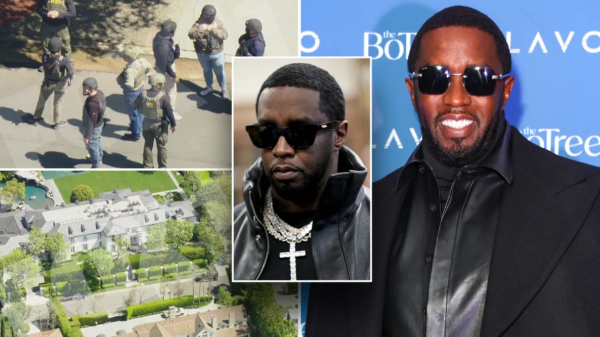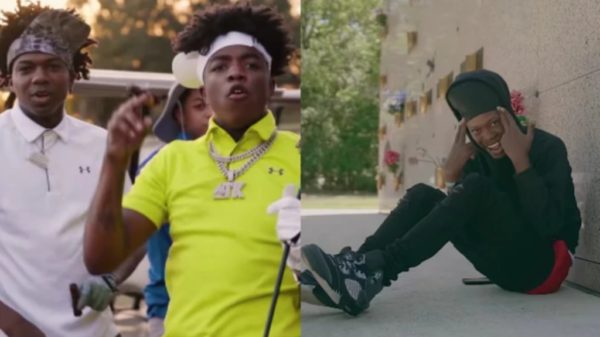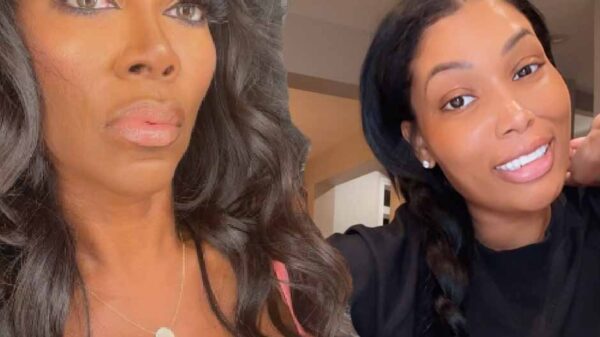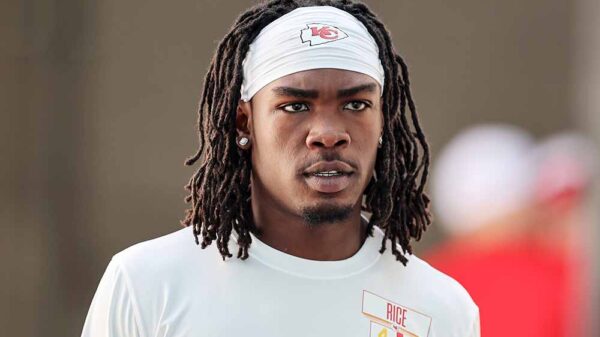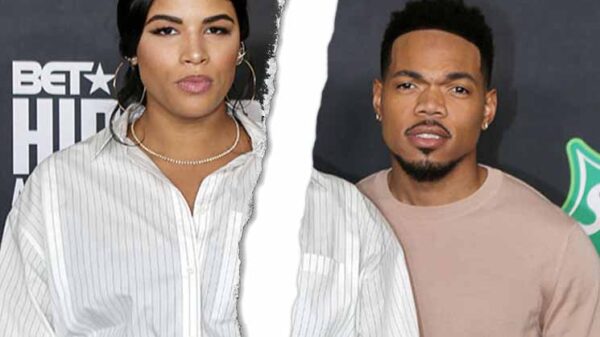Sean “Diddy” Combs, once a towering figure in the hip-hop industry, now finds himself at the center of a legal maelstrom that threatens to dismantle his legacy. The 55-year-old music mogul has pleaded not guilty to an expanded five-count federal indictment, which includes charges of racketeering and sex trafficking. As the trial looms, the courtroom drama is set to unveil a narrative that intertwines fame, power, and alleged exploitation.
The Charges: A Deepening Legal Quagmire
On April 14, 2025, Combs appeared before U.S. District Judge Arun Subramanian in Manhattan to address the latest charges added to his indictment. These new allegations accuse him of using force, fraud, or coercion to compel a woman, identified as “Victim-2,” into commercial sex acts between 2021 and 2024. Additionally, he is charged with transporting her and others to engage in prostitution.
These charges build upon a previous three-count indictment, bringing the total to five counts. Prosecutors allege that between 2004 and 2024, Combs exploited his business empire to sexually abuse women, orchestrating events known as “freak offs” involving male sex workers.
Cassie Ventura: The Star Witness
Central to the prosecution’s case is Cassandra “Cassie” Ventura, a former girlfriend of Combs. Identified as “Victim-1” in the indictment, Cassie is prepared to testify under her own name, a move that underscores the gravity of her allegations.
In her 2023 lawsuit, Cassie accused Combs of orchestrating drug-fueled “freak offs,” during which he allegedly forced her to procure male escorts, subjected her to physical abuse, and coerced her into participating in exploitative sexual acts. Although the lawsuit was settled the following day, the allegations have become a cornerstone of the criminal case against Combs.
The Defense: Assembling a Legal Dream Team
In response to the mounting legal challenges, Combs has restructured his defense team, bringing in renowned attorney Mark Geragos, known for representing high-profile clients such as Michael Jackson and Chris Brown. Geragos joins his daughter, Teny Geragos, who is already part of the legal team.
Despite the serious nature of the charges, Combs’ legal team maintains that the allegations stem from past consensual relationships and do not involve new accusers. They argue that the prosecution’s case lacks new evidence and is an attempt to reframe consensual acts as criminal behavior.
Prosecution’s Strategy: Aiming to Expose a Pattern
Federal prosecutors are building a case that portrays Combs as a manipulative figure who used his celebrity status to exploit women over two decades. They allege that he coerced and abused women, using threats, violence, and intimidation, including blackmail, arson, and physical assault.
The prosecution plans to call four accusers to testify against Combs, with Cassie being the most prominent among them. The other three victims will testify anonymously to protect their privacy amid intense media coverage.
Trial Timeline: The Road Ahead
Judge Subramanian has set the trial to commence with jury selection on May 5, 2025, followed by opening statements on May 12. Despite the defense’s request for a brief two-week adjournment to resolve discovery issues, the judge emphasized the importance of adhering to the trial schedule.
Combs remains in custody at Brooklyn’s Metropolitan Detention Center, having been held without bail since his September 2024 arrest.
Media Battles: The Fight Beyond the Courtroom
Beyond the courtroom, Combs is engaged in a legal battle with Warner Bros over access to unaired footage from the Max documentary series “The Fall of Diddy.” His attorneys have subpoenaed the studio for raw and unedited recordings of interviews with two accusers featured in the series. Warner Bros is resisting the subpoena, citing journalistic privilege.
As the trial approaches, the hip-hop community and the public at large await the proceedings that will determine the future of one of the industry’s most influential figures. The case against Sean “Diddy” Combs is not just a legal battle but a pivotal moment that could redefine the boundaries of power, consent, and accountability in the world of entertainment.
![]()

